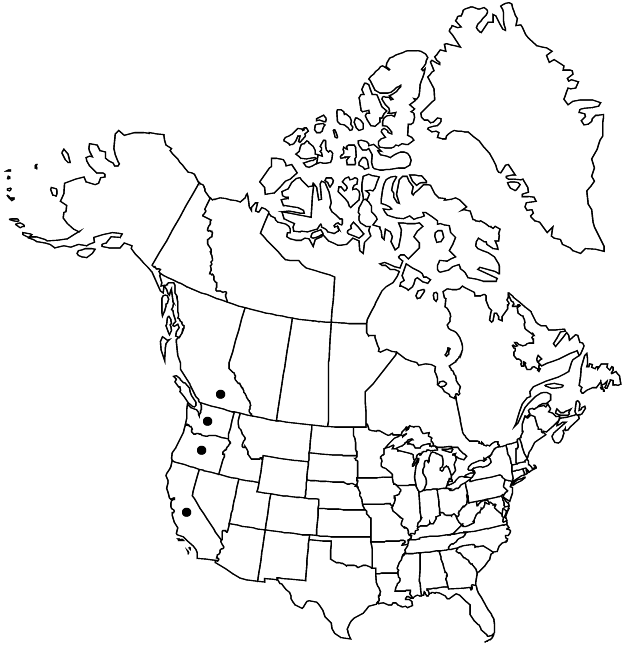Difference between revisions of "Armeria maritima subsp. californica"
Bull. Natl. Mus. Canada 135: 174. 1955.
imported>Volume Importer |
imported>Volume Importer |
||
| Line 67: | Line 67: | ||
|publication year=1955 | |publication year=1955 | ||
|special status=Illustrated;Endemic | |special status=Illustrated;Endemic | ||
| − | |source xml=https:// | + | |source xml=https://bitbucket.org/aafc-mbb/fna-data-curation/src/2e0870ddd59836b60bcf96646a41e87ea5a5943a/coarse_grained_fna_xml/V5/V5_1230.xml |
|genus=Armeria | |genus=Armeria | ||
|species=Armeria maritima | |species=Armeria maritima | ||
Latest revision as of 22:09, 5 November 2020
Leaf blades glabrous or hairy. Scapes glabrous. Inflorescences: sheath length usually 0.75 times diam. of flower head; outer involucral bracts almost equaling or exceeding flower head. Flowers monomorphic: stigmas papillate, pollen coarsely reticulate; calyx hairy on ribs. 2n = 18.
Phenology: Flowering mid spring-mid summer.
Habitat: Maritime rocks, cliffs, sandy bluffs, sandy dunes
Elevation: 0-200 m
Distribution

B.C., Calif., Oreg., Wash.
Discussion
In northern Washington and on Vancouver Island, populations with hairy leaves have been called Armeria maritima var. purpurea (Koch) G. H. M. Lawrence, a dimorphic-flowered taxon from central Europe. The American monomorphic-flowered specimens thought to belong to var. purpurea are not distinct from subsp. californica, except for their hairy leaves. We include hairy-leaved specimens in subsp. californica.
Selected References
None.